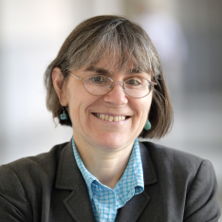
Margarita Balmaceda , Ph.D.
Professor of Diplomacy and International Relations
School of Diplomacy and International Relations
(973) 313-6202
Email
McQuaid Hall
Room 117
Margarita Balmaceda, Ph.D.
Professor of Diplomacy and International Relations
School of Diplomacy and International Relations

